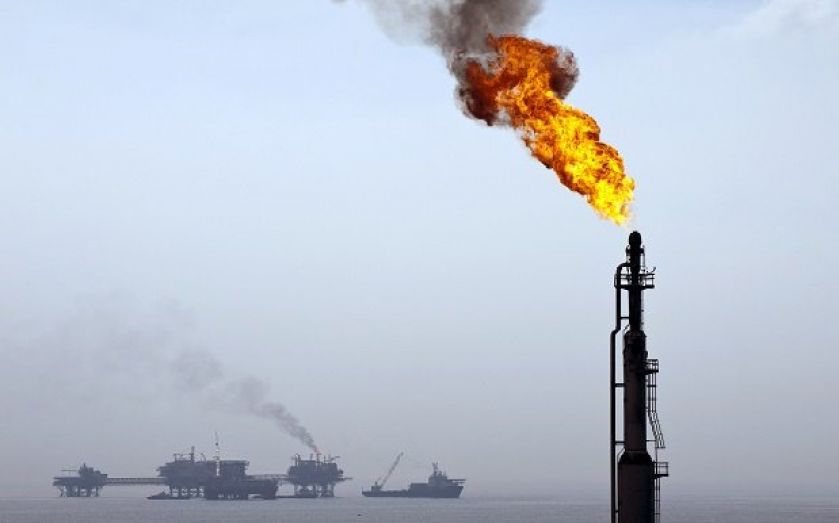Climate change conference calls for an end to capitalism

A climate change conference held in Venezuela involving roughly 130 green groups has ended with a call to end capitalism and reject carbon markets, reports RTCC.
The UN-backed conference included organisations such as the World Wildlife Fund, Christian Aid and the Third World Network.
Ending with the Margarita declaration, the conference was the largest of its kind, inviting non-governmental organisations to engage with the UN in climate change talks.
Venezuelan officials said the purpose of the four-day Social Pre-COP was to "set the basis of an alliance between peoples and governments."
The final Margarita declaration said:
The structural causes of climate change are linked to the current capitalist hegemonic system.
To combat climate change it is necessary to change the system.
However, it remains unclear who in fact signed the controversial declaration. Carbon markets came under sharp criticism and were branded as a "false solution" to climate change, while a UN-backed forest conservation programme was labeled "dangerous and unethical".
The UN has set up a carbon market of its own called the Clean Development Mechanism. The UN's scheme involves wealthier nations pay for projects that will cut carbon emissions in poorer nations.
The Margarita declaration has not passed without criticism. Speaking to RTCC, Maria de Pilar Garcia-Guadilla, a professor at the Simon Bolivar University, said the idea that capitalism was to blame for climate change was a "fallacy."
Furthermore, she attacked the Venezuelan government's development plan, saying: "Venezuela relies heavily on the use of hydrocarbons, or the extractive economies, to support their anti-neoliberal socialist policies."
The Margarita declaration is set to be presented to environment ministers at UN talks to be held in Peru later this year.
The debate over climate change and how to respond to it remains as heated as ever, with the BBC embroiled in rows over whether it was appropriate to host Lord Lawson on the Today Programme to discuss the subject.